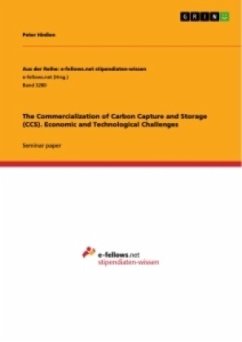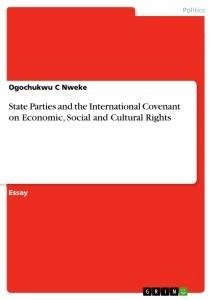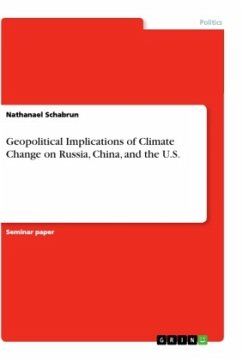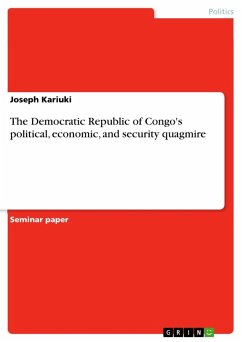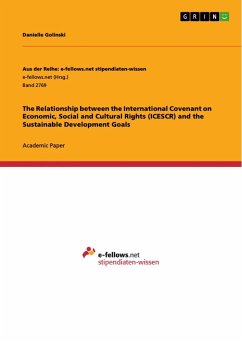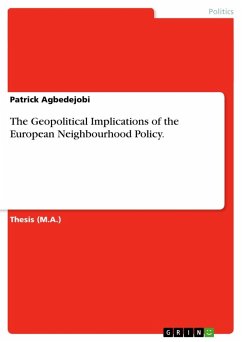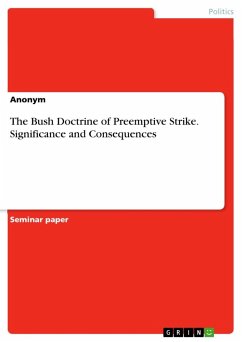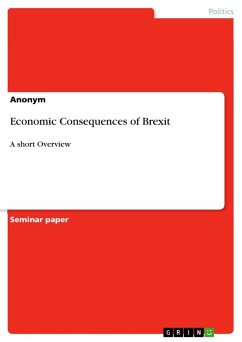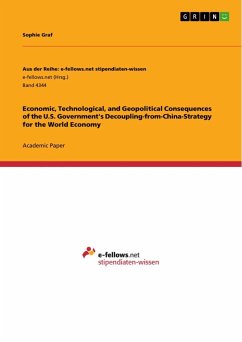
Economic, Technological, and Geopolitical Consequences of the U.S. Government's Decoupling-from-China-Strategy for the World Economy

PAYBACK Punkte
0 °P sammeln!
Academic Paper from the year 2022 in the subject Politics - Region: USA, grade: 1,3, Catholic University Eichstätt-Ingolstadt, language: English, abstract: The relationship between the United States (U.S.) and China has increasingly strained, particularly concerning economic ties. The outbreak of the pandemic highlighted significant reliance on Chinese exports, notably in crucial sectors like medical supplies. This dependency has led to discussions regarding the necessity of reducing ties with China, a concept commonly referred to as decoupling. Decoupling, advocated by former U.S. President ...
Academic Paper from the year 2022 in the subject Politics - Region: USA, grade: 1,3, Catholic University Eichstätt-Ingolstadt, language: English, abstract: The relationship between the United States (U.S.) and China has increasingly strained, particularly concerning economic ties. The outbreak of the pandemic highlighted significant reliance on Chinese exports, notably in crucial sectors like medical supplies. This dependency has led to discussions regarding the necessity of reducing ties with China, a concept commonly referred to as decoupling. Decoupling, advocated by former U.S. President Donald Trump and continued by the Biden administration, involves efforts to lessen dependence on Chinese trade for reasons such as national security and economic autonomy. This paper aims to explore the implications of such a strategy, examining its historical background, economic motivations, and consequences. Beginning with an overview of the escalating conflict between the U.S. and China, the origins of Chinese economic growth and American concerns will be delved into. The different forms of decoupling, from targeted sectorial disengagement to broader geopolitical shifts, will be analyzed. Additionally, the economic and technological impacts of decoupling, including measures taken by both U.S. and Chinese governments and their effects on the global economic landscape, will be assessed. Furthermore, the geopolitical implications, considering how decoupling may influence international relations and global governance structures, will be examined. By evaluating these aspects, this paper aims to provide insights into whether decoupling serves the interests of Western nations or if it risks exacerbating tensions and economic disruptions. This analysis contributes to the ongoing discourse on U.S.-China relations and the evolving dynamics of global economic interdependence.




